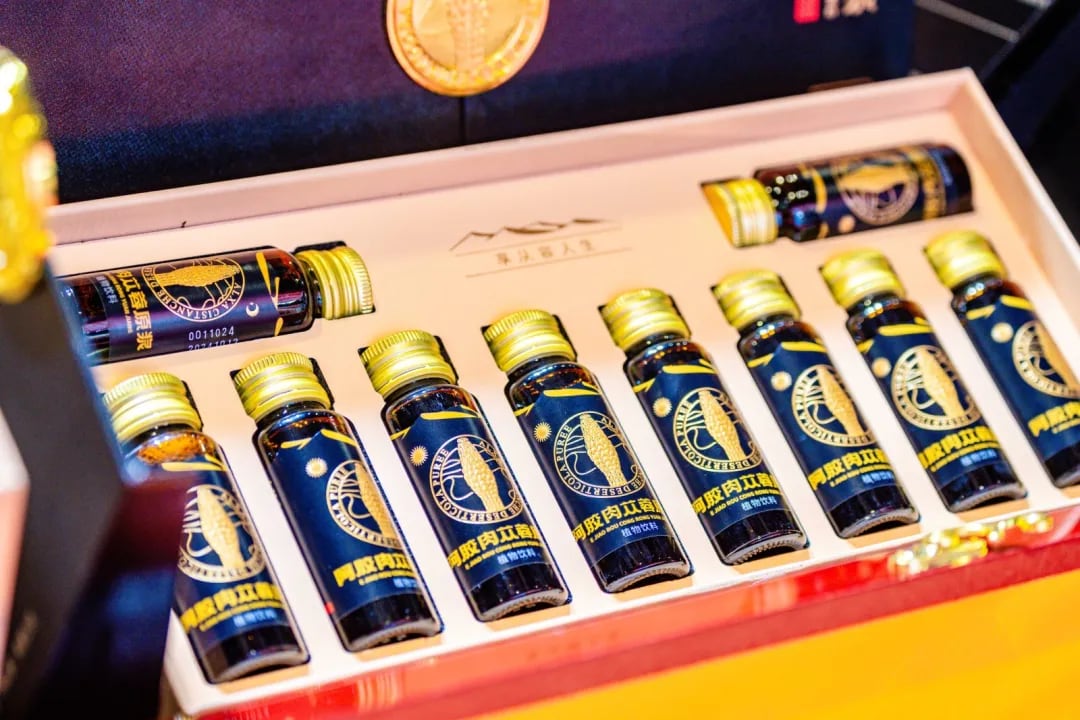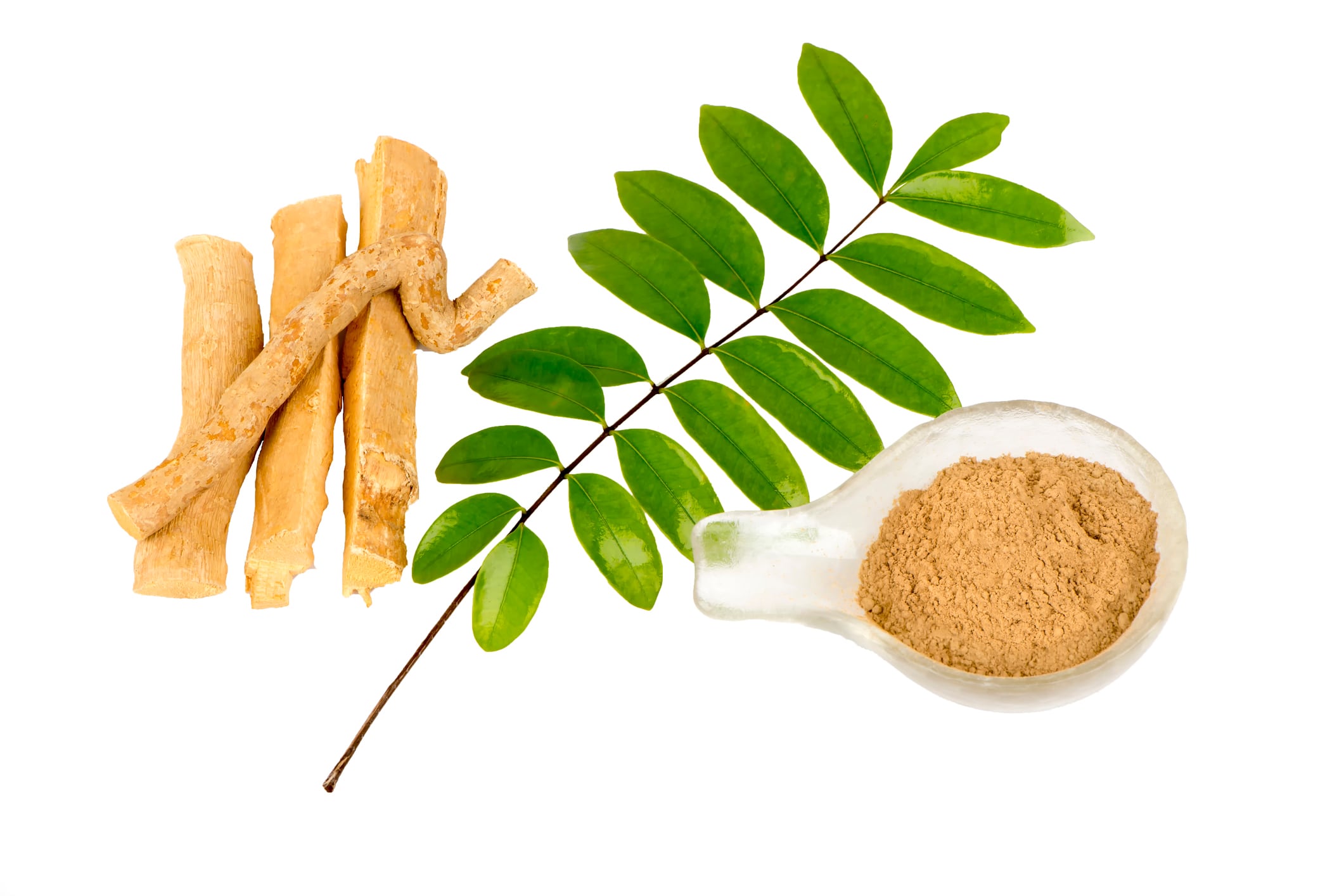Palm oil tocotrienol drink reduces oxidative stress in aging population: RCT
A clinical study from Malaysia reported that taking palm oil tocotrienol-enriched drinks for six months could reduce oxidative stress and improve the quality of life in aging populations.
Writing in Nutrients, researchers also saw a significant increase in telomerase activity in the intervention group, which suggested that palm oil tocotrienol could maintain telomere length and genomic stability.
The trial, funded by the Malaysian Palm Oil Board, involved 67 seniors who took either a beverage containing 200mg of mixed tocotrienols derived from palm oil or placebo daily for six months.
Probiotic strain shown to improve respiratory symptoms, dry stool and eczema in children: RCT
Daily supplementation of a probiotic strain isolated from human breast milk could significantly reduced the duration of cough, fever, dry stool, and eczema in children, said findings from China.
The strain studied was Bifidobacterium longum subsp. infantis YLGB-1496 supplied by Wecare Probiotics Co., Ltd.
Published in Frontiers in Nutrition, the three-month research was done on 100 healthy kids between zero and three years old.
Probiotics shown to reduce inflammation, improve gut barrier in IBS patients
The supplementation of a mixture of Lactobacillus and Bifidobacterium probiotics has shown to reduce inflammation and improve gut barrier in people suffering from irritable bowel syndrome (IBS).
A total of 120 individuals took part in this 12-week study, where they took a drink containing 100bn CFU of Lactobacillus and Bifidobacterium probiotic strains provided by Chr. Hansen A/S or the placebo.
Findings published in Frontiers in Cellular and Infection Microbiology showed that intestinal permeability has significantly improved in the probiotic group. This indicated that gut mucosal integrity was maintained, inhibiting harmful intraluminal factors from invading the intestinal wall.
Sake by-product shown to relieve constipation in pilot study
The consumption of the by-product of sake, a Japanese traditional alcohol, has been shown to relieve constipation in a pilot study.
Eight healthy individuals suffering from chronic constipation were randomised to take either 25g or 50g of sake lees per day for six weeks.
Writing in PLoS One, the researchers said that sake lees consumption has helped to lower constipation as seen from the results from the constipation scoring system. The improvement in constipation was also accompanied by faecal microbiome changes.
French maritime pine bark extract reduces cellulite, says first-of-its-kind study
A clinical trial conducted in Beijing, China, reported that French maritime pine bark extract supplementation could reduce cellulite severity.
Clinical cellulite score, for instance, had significantly improved after two and three months by 12.2 per cent and 13.6 per cent.
A reduction in upper thigh circumference and skin roughness was also seen, researchers wrote in Phytomedicine Plus.





